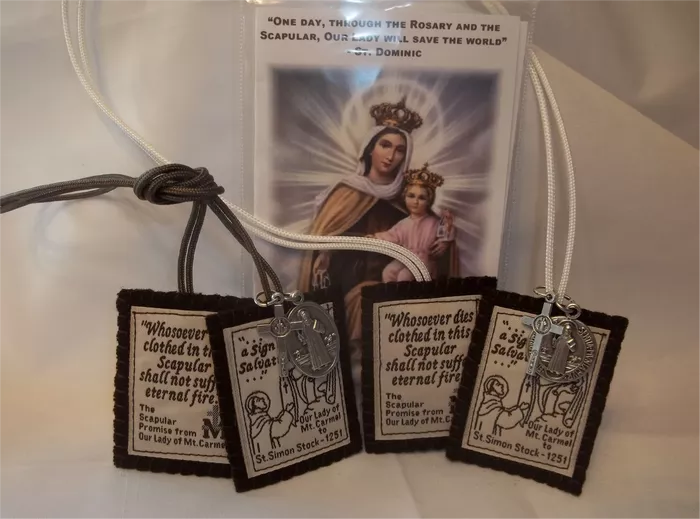The role of women in church leadership, particularly as pastors, has been a topic of considerable debate within Christian communities. Different denominations and traditions interpret the Bible in various ways, leading to differing views on whether women should serve as pastors. This article explores what the Bible says about women pastors, examining key scriptures, historical context, and theological perspectives.
Biblical Passages Relevant to Women Pastors
1. Genesis and the Creation Narrative
The creation narrative in Genesis is often the starting point for discussions on gender roles.
Genesis 1:27: “So God created mankind in his own image, in the image of God he created them; male and female he created them.” This verse indicates the equality of men and women in the eyes of God.
Genesis 2:18: “The Lord God said, ‘It is not good for the man to be alone. I will make a helper suitable for him.'” The term “helper” (Hebrew: “ezer”) is often interpreted as implying a supportive role, though the same term is used to describe God’s help to humans, suggesting a role of strength and partnership.
2. Women in Leadership in the Old Testament
Several women in the Old Testament held significant leadership roles.
Deborah (Judges 4-5): Deborah was a prophetess and a judge of Israel, indicating that women could hold high positions of spiritual and civil authority.
Miriam (Exodus 15:20): Miriam, the sister of Moses and Aaron, was a prophetess who led the women of Israel in worship.
SEE ALSO: Women’s Lent Devotional
3. The Teachings of Jesus
Jesus’ interactions with women were counter-cultural and demonstrated their value and potential for ministry.
Mary Magdalene (John 20:18): Jesus appeared first to Mary Magdalene after his resurrection and commissioned her to tell the disciples, making her the first witness of the resurrection.
Women Disciples (Luke 8:1-3): Women, including Mary Magdalene, Joanna, and Susanna, supported Jesus’ ministry financially and followed him, indicating their active participation in his mission.
4. Paul’s Letters and Women in Ministry
The Apostle Paul’s letters contain passages both supporting and seemingly restricting women’s roles in the church.
Positive Examples:
Phoebe (Romans 16:1-2): Phoebe is referred to as a “deacon” and a “benefactor,” suggesting she held a position of leadership and authority.
Priscilla (Acts 18:26, Romans 16:3-5): Priscilla, along with her husband Aquila, taught Apollos, an early Christian preacher, indicating her role in teaching and leadership.
Restrictive Passages:
1 Corinthians 14:34-35: “Women should remain silent in the churches. They are not allowed to speak, but must be in submission, as the law says.”
1 Timothy 2:11-12: “A woman should learn in quietness and full submission. I do not permit a woman to teach or to assume authority over a man; she must be quiet.”
5. Interpretations and Contextual Considerations
Understanding these passages requires examining their historical and cultural context.
Cultural Context
Some scholars argue that Paul’s restrictions were addressing specific issues in the early church, such as disorderly worship or false teachings, rather than providing a universal mandate.
Egalitarian vs. Complementarian Views
Egalitarian: Believes in equal roles for men and women in all areas, including pastoral leadership.
Complementarian: Holds that men and women have distinct, complementary roles, with pastoral leadership reserved for men.
SEE ALSO: Women’s Devotional Lessons
Theological Perspectives
1. Historical Church Views
The early church had varied practices regarding women in ministry.
Early Church Fathers: Some, like Tertullian and Augustine, upheld restrictive views on women’s roles.
Medieval and Reformation Eras: Women’s roles were generally limited, though there were notable exceptions, such as Hildegard of Bingen and Katharina von Bora.
2. Modern Denominational Stances
Different denominations today have diverse views on women pastors.
Denominations Supporting Women Pastors:
Methodist: The United Methodist Church ordains women and allows them to serve as pastors.
Lutheran (ELCA): The Evangelical Lutheran Church in America ordains women.
Presbyterian (PCUSA): The Presbyterian Church (USA) ordains women.
Denominations Opposing Women Pastors:
Southern Baptist Convention: Holds a complementarian view, restricting pastoral roles to men.
Roman Catholic Church: Does not ordain women as priests or pastors.
Key Arguments for and Against Women Pastors
1. Arguments For Women Pastors
Equality in Christ: Galatians 3:28 states, “There is neither Jew nor Gentile, neither slave nor free, nor is there male and female, for you are all one in Christ Jesus,” emphasizing spiritual equality.
Gifting and Calling: The Holy Spirit’s gifts, including teaching and leadership, are given without regard to gender.
Historical Precedents: Women like Deborah, Priscilla, and Phoebe served in leadership roles.
2. Arguments Against Women Pastors
Creation Order: Some argue that the creation narrative establishes a leadership role for men.
Apostolic Teaching: Passages like 1 Timothy 2:12 are interpreted as clear, timeless instructions against women in pastoral roles.
Church Tradition: Historical and traditional practices have predominantly reserved pastoral roles for men.
Contemporary Issues and Trends
1. Cultural Shifts
The modern church operates within a broader cultural context that increasingly values gender equality.
Societal Changes: Growing acceptance of women in leadership in various sectors influences church practices.
Educational Opportunities: More women are receiving theological education and seeking ordination.
2. The Role of Experience and Testimony
Personal testimonies and experiences of women pastors provide compelling arguments for their roles.
Effective Ministry: Many women pastors have demonstrated effective leadership and ministry, challenging traditional views.
Testimonies of Call: Women often share profound experiences of being called by God to pastoral ministry.
Conclusion
The question of what God says about women pastors is complex and multifaceted. Biblical passages, historical contexts, and theological interpretations offer various perspectives. While some traditions maintain restrictions based on specific scriptures, others embrace a more inclusive understanding, emphasizing equality and the gifting of the Holy Spirit.
Ultimately, the debate reflects broader discussions about gender, authority, and the interpretation of sacred texts within the Christian faith.

